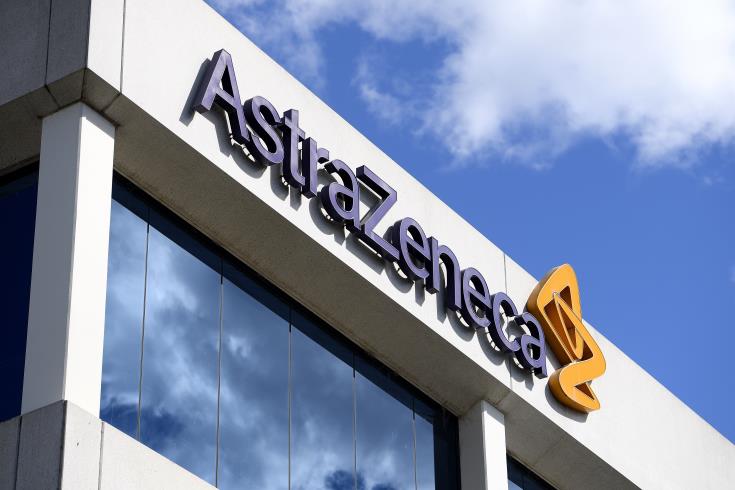AstraZeneca conceding it will not be able to meet its Q1 delivery commitments to the European Union is set to endanger the bloc’s strategy to get the virus in check by summer.
Brussels is also faced with mounting criticism for its decision to put most of its eggs in one basket.
The EU’s vaccination plan is not off to a good start despite having drawn up a complete portfolio of vaccines from pharmaceuticals before trials had even been completed.
It plans to inoculate 70% of the general population by the end of June, has come under threat after AstraZeneca announced it will only be in a position to meet 40% its EU commitment for vaccine deliveries in Q1 (January to March).
This means that, essentially, for some time to come, Europe will be trying to fence-off the outbreak with just two approved vaccines in its arsenal, Pfizer-BioNTech and Moderna’s mRNA vaccines with supplies of these two insufficient.
Other vaccines are expected to be approved towards the end of the year.
To date, the Union has recorded more than 426,000 COVID-19 related deaths, according to ECDC, which means the EU is running out of time.
This puts further pressure on the Union as it appears to be unable to protect its citizens.
AstraZeneca’s vaccine was expected to arrive in Cyprus by mid-February, once approved by the European Medicine Agency, but this is up in the air as EU officials are outraged with the pharmaceutical giant.
Astra Zeneca’s announcement has enraged EU officials with EU Health Commissioner Stella Kyriakides informing members states of the situation on Monday, noting that she has sent a letter to the manufacturers seeking answers.
“The European Union has pre-financed the development of the vaccine and the production and wants to see the return.
“The European Union wants to know exactly which doses have been produced by AstraZeneca and where exactly so far and if or to whom they have been delivered,” Kyriakides told AstraZeneca.
In a statement on Monday, the Commissioner said: “The answers of the company have not been satisfactory so far”.
Refuting EU’s accusations, AstraZeneca on Tuesday said that the company did not have enough time to iron out glitches in setting up production lines with external partners.
Two months behind
“We are basically two months behind where we wanted to be,” Pascal Soriot told German daily Die Welt in an interview when asked about delayed deliveries in Europe.
Soriot argued that the UK had received a large batch of vaccines, as they had signed the agreement some three months earlier, while the factory with the highest production rate is in the UK.
“That factory could be used to produce doses for the EU, but not until the 100 million doses contract with the UK is completed”.
Later the company committed to tend to hiccups, under EU pressure, and to speed up processes.
Currently, the union’s 27 member states have been able to administrate some 8.9 million doses of a COVID-19 vaccine, according to a Bloomberg calculation, that is two doses for every 100 citizens or 1 in 100 has been vaccinated.
The USA and the UK have a rate of seven and 10.5 doses for every 100 citizens while Israel has a rate of 43.
In Cyprus, up to 22 January, the ministry calculates that 15,322 have received their first jab and more than 2,000 have received the second.
Based on current vaccine availability, Cyprus plans to carry out 5,000 vaccinations a week.
Based on the vaccination plan for COVID-19, the total amount of Pfizer-BioNTech vaccines available is 391,637 (divided into 2 doses per person) until the third quarter of 2021.
Cyprus has placed its biggest order of vaccines with AstraZeneca, amounting to 1,192,043, with an additional 156,668 from Moderna.
Nicosia increased its Pfizer order to 957,000 with an additional 565,000 doses expected to arrive between April and September.
The authorities have ordered around 3.5 mln doses from eight pharmaceuticals, through the EU, which correspond to inoculating its entire population three times over.










